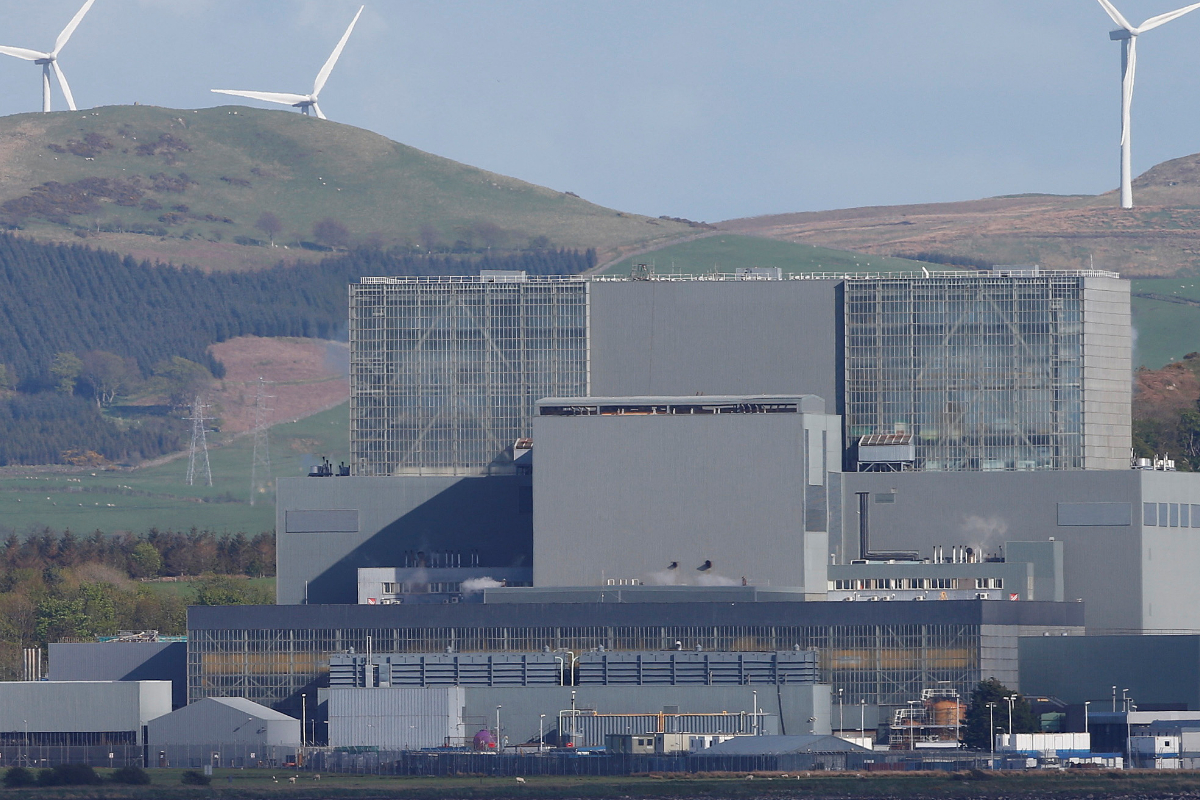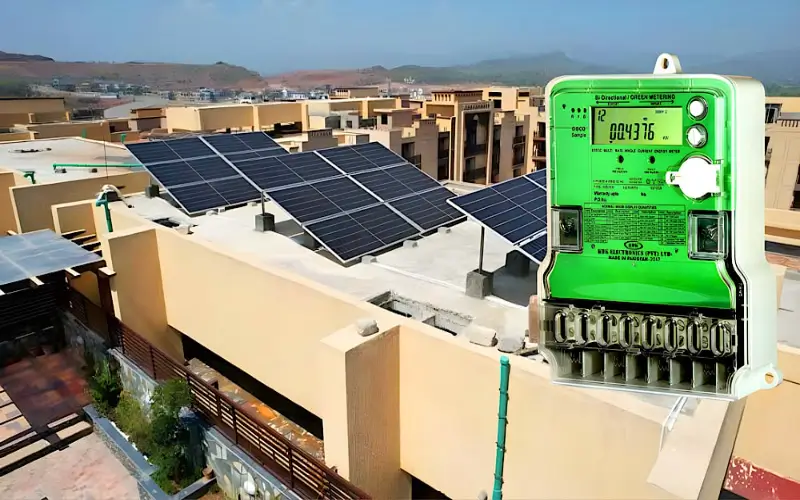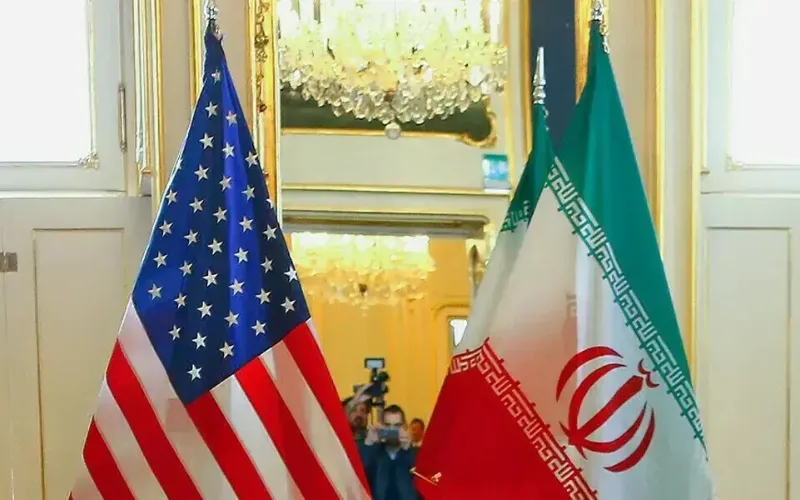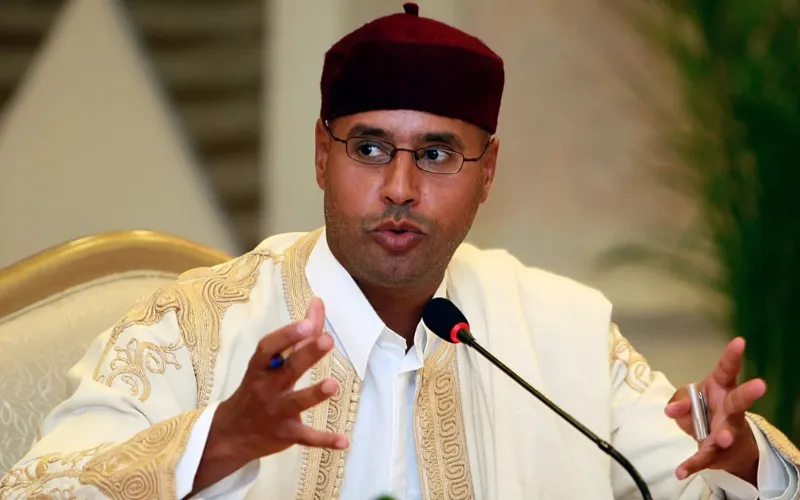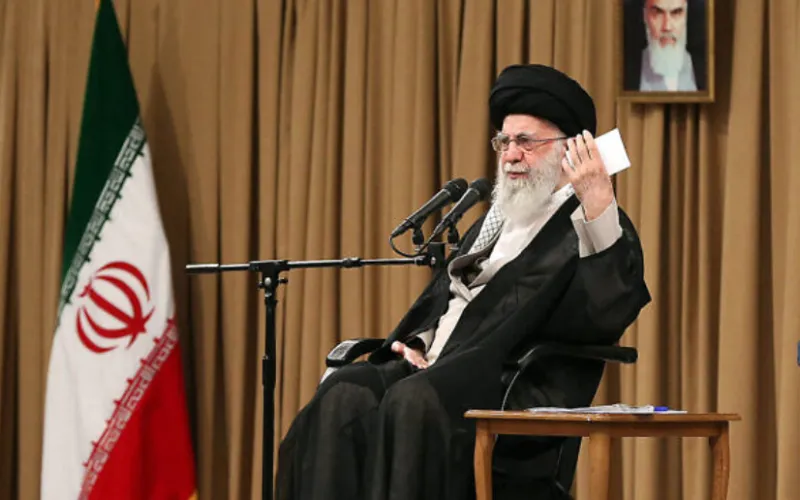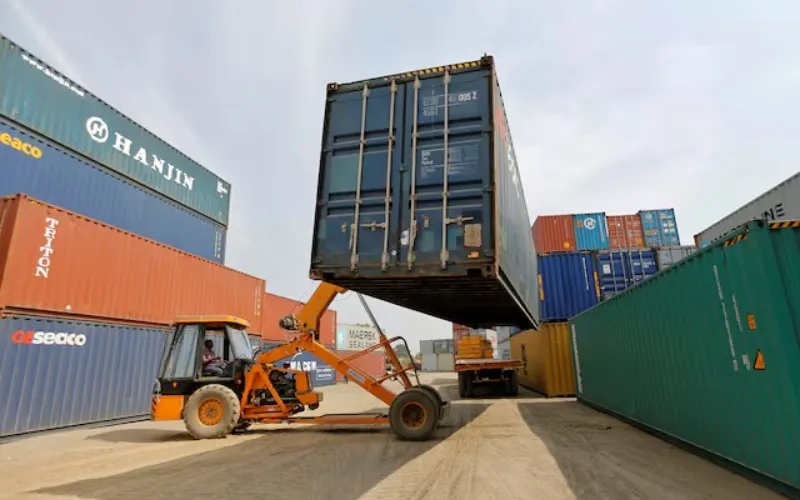- The UK plans to be Europe’s first HALEU producer.
- It aims to boost energy security and decarbonize the grid by 2035.
- It invests in next-gen reactors requiring HALEU fuel.
The government declared on Sunday that Britain plans to be the first nation in Europe to generate an advanced uranium fuel, which is now only available commercially from Russia.
In order to “displace” Moscow from the world’s energy markets, the UK government announced that it will invest £300 million ($382 million) in developing a high-assay low-enriched uranium (HALEU) program.
“We stood up to (Vladimir) Putin on oil and gas and financial markets. We won’t let him hold us to ransom on nuclear fuel,” energy secretary Claire Coutinho said in a statement.
“This will be critical for energy security at home and abroad and builds on Britain’s historic competitive advantages,” she added.
Many of the next generation of advanced nuclear reactors, including the so-called compact modular variants that the UK plans to employ, require HALEU fuel to run.
The fuel has five to twenty percent uranium-235, which is more than the five percent required to power the majority of nuclear units that are currently in service.
The International Atomic Energy Agency states that although HALEU production has recently started in the US, the uranium is only commercially produced at a Russian facility.
The British investment is part of plans to provide up to 24 gigawatts of nuclear power by 2050, which is equivalent to 25% of the UK’s total electricity consumption.
By the 2030s, the first plant, which will be located in northwest England, should be operating, the government said.
By 2030, it aims to have 95% of Britain’s electricity come from low-carbon sources, and by 2035, the grid will be completely decarbonized.
Recently, Prime Minister Rishi Sunak faced criticism for delaying the sale of all gasoline and diesel vehicles by five years, till 2035.
Opponents claimed it would make it more challenging for the UK to meet its goal of net-zero emissions by 2050.
[embedpost slug = “/iran-defends-higher-uranium-enrichment-calls-it-peaceful-despite-western-concerns/”]

